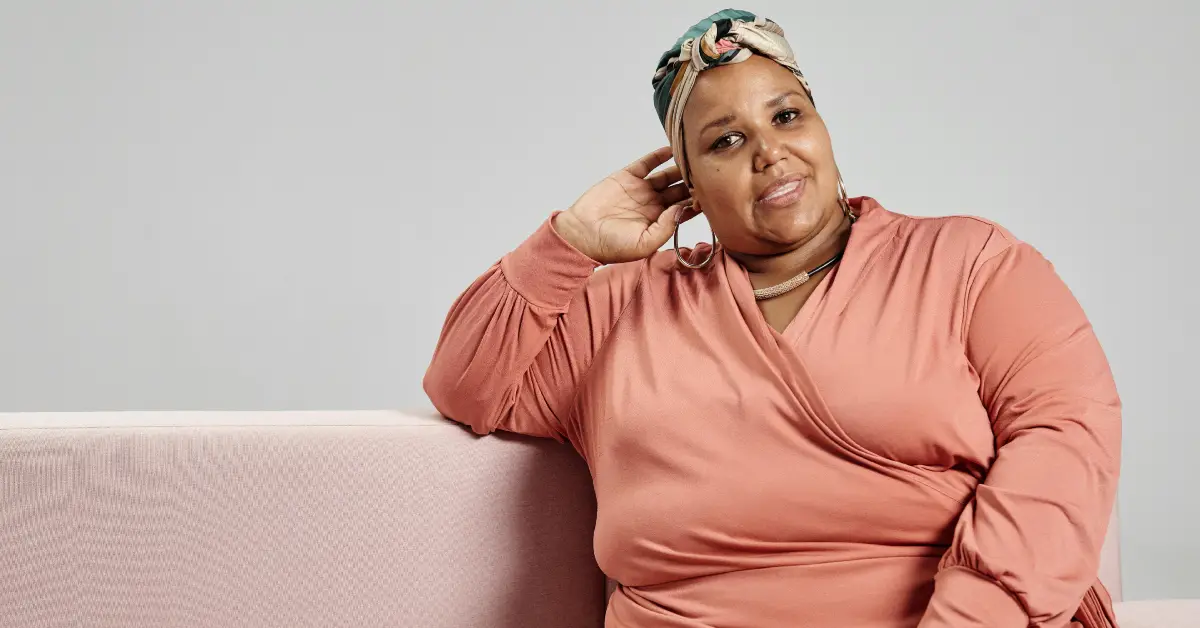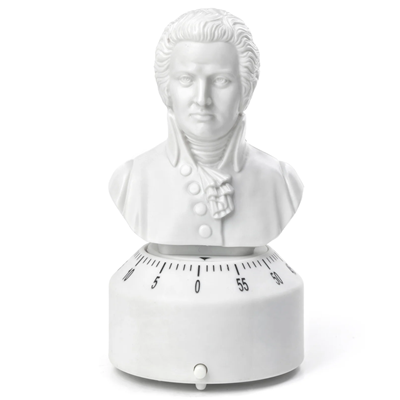While the notorious comeback phrase ?say it to my face? has been prevalent in our culture for ages, we, as proud members of The Curvy Committee, wish to clarify that this sentiment does not extend to conversations with full-figured individuals. Here, we present a comprehensive list of terms that should never be mistaken for compliments when addressing plus-size women. Understanding the nuances of language can lead to better interactions and foster a more inclusive environment.
Being the only visibly ?overweight? person in any social gathering often brings about an unspoken sense of sympathy from those who may not fully grasp the social dynamics at play. This misguided sympathy can lead to overcompensation for their underlying fatphobia, turning us into perceived charity cases in the eyes of slimmer individuals. Instead of genuine kindness, these interactions can feel patronizing, with their entitlement allowing them to express unsolicited opinions and encouragement, which can often be uncomfortable and unwanted.
The reality is that larger women are individuals with feelings and deserve to be treated as such. There?s no secret formula for communicating with us, nor is there a necessity for extra kindness to validate our presence or our right to occupy space. Although many have tolerated dismissive remarks for far too long, we recognize that not everyone approaches us with malicious intent, but rather from a place of misunderstanding. Therefore, we choose to use this as an educational opportunity to highlight the importance of respectful language.
Here?s a list of commonly used terms that should not be mistaken for affection?they are far from being genuine compliments for plus-size women.

Understanding the Unacceptable: Terms That Offend Plus Size Women
1. Juicy
?Juicy? holds a prominent place in the lexicon next to ?BBW,? but the implications of this term can be problematic. While you might associate the word with past fashion trends, its current use is often perceived as a form of sexualization among the plush community. Many individuals cringe at its application, especially when it?s used as a flirtatious overture in DMs. This term perpetuates the stereotype that chubby women exist solely as objects of desire, further entrenching the idea that our bodies are merely subjects for others? fantasies rather than deserving of respect and autonomy.
2. Butterball
The term ?butterball? might evoke childhood memories of being the cute, plump little girl on the block, but it?s important to recognize that referring to an adult as a turkey is not a compliment. While some may think they are expressing admiration, many grown women find this term offensive. Sensitivity to language varies among individuals, yet asking a voluptuous woman how she feels about being called ?butterball? in her 20s or 30s will likely result in discomfort or disapproval. It?s crucial to understand how such language can impact a person’s self-esteem and self-worth.
3. Chunky Monkey
The phrase ?chunky monkey? is rarely received well by plus-size women; it is not just childish but derogatory. While being labeled as chunky might not be inherently negative, the addition of ?monkey? carries a derogatory connotation that diminishes the humanity of fat individuals. Such terms perpetuate harmful stereotypes that equate fatness with animalistic traits. Take our advice: refrain from adding this phrase to your list of affectionate nicknames for your plus-size loved ones; it?s unlikely to be appreciated, no matter the intention behind it.

4. Pretty Face
When someone says we ?have a pretty face,? it often feels like a backhanded compliment, implying that our value is limited to our appearance from the neck up. This diminishes the multifaceted beauty that plus-size women embody, reducing us to merely ?adorable? features and ignoring our full selves. Let?s advocate for a shift in perspective?let?s appreciate someone?s beauty as a whole instead of only highlighting those aspects that conform to societal standards of attractiveness. Everyone deserves to be recognized in their entirety, beyond just surface-level attributes.
5. Confident
While confidence is indeed a crucial trait, especially for women, using the term ?confident? as a compliment can come off as patronizing. When we, as plus-size women, embrace our bodies in bikinis or other revealing attire, being told how much someone ?loves our confidence? can feel like a veiled insult. It implies that our self-acceptance is somehow surprising or that we should be proud of simply daring to exist in our skin. Instead, let?s celebrate women?s bodies in all their forms without attaching levels of confidence as a qualifier for beauty.
6. Big Sexy
The phrase ?Big Sexy? is one that needs to be retired from our vocabulary. Although it may sound appealing on the surface, it misses the mark as a genuine compliment for plus-size women. Everyone aspires to feel sexy, irrespective of their size, and this feeling should not be tied to a specific body type. This term often appears in male pickup lines, further reinforcing the stereotype that sexiness is defined by size. We collectively advocate for the removal of such terms from our dialogue, as they do not contribute positively to the conversation surrounding body image.
In this age of body positivity, our mission at TCF is to enlighten those who are less informed. Navigating life as a larger woman in a world that often feels small can be challenging, but establishing boundaries as a Curvy Cutie is essential. While not everyone has to appreciate our presence, they will learn to respect us. We are no longer allowing anyone to diminish our worth or identity.
Which of these terms do you find most offensive? We invite you to share your thoughts in the comments section below!






